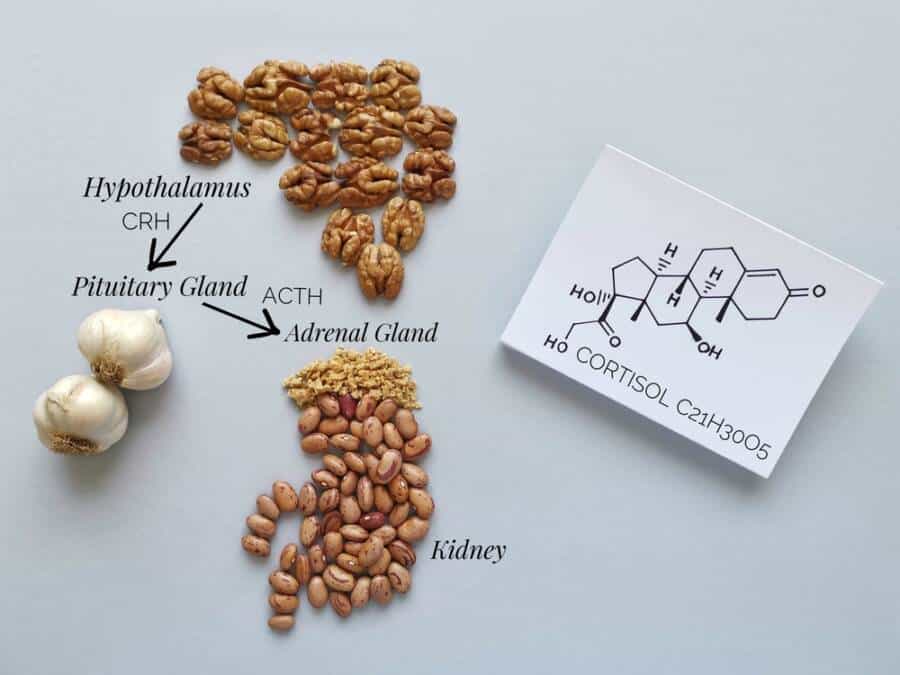
Let’s talk about the illnesses linked to vitamin D deficiency!
You probably know that the main source of vitamin D is right outside your house and up in the sky. The sun helps with the skin’s synthesis of vitamin D, promoting cognitive health and the growth of strong bones, to name only two of the vitamin’s functions.
But just as vitamin D can be beneficial to your health, a lack of it may lead to several health issues. According to experts, there are numerous associations between low levels of vitamin D and poor health outcomes. Here are 10 potential illnesses linked to vitamin D deficiency!













